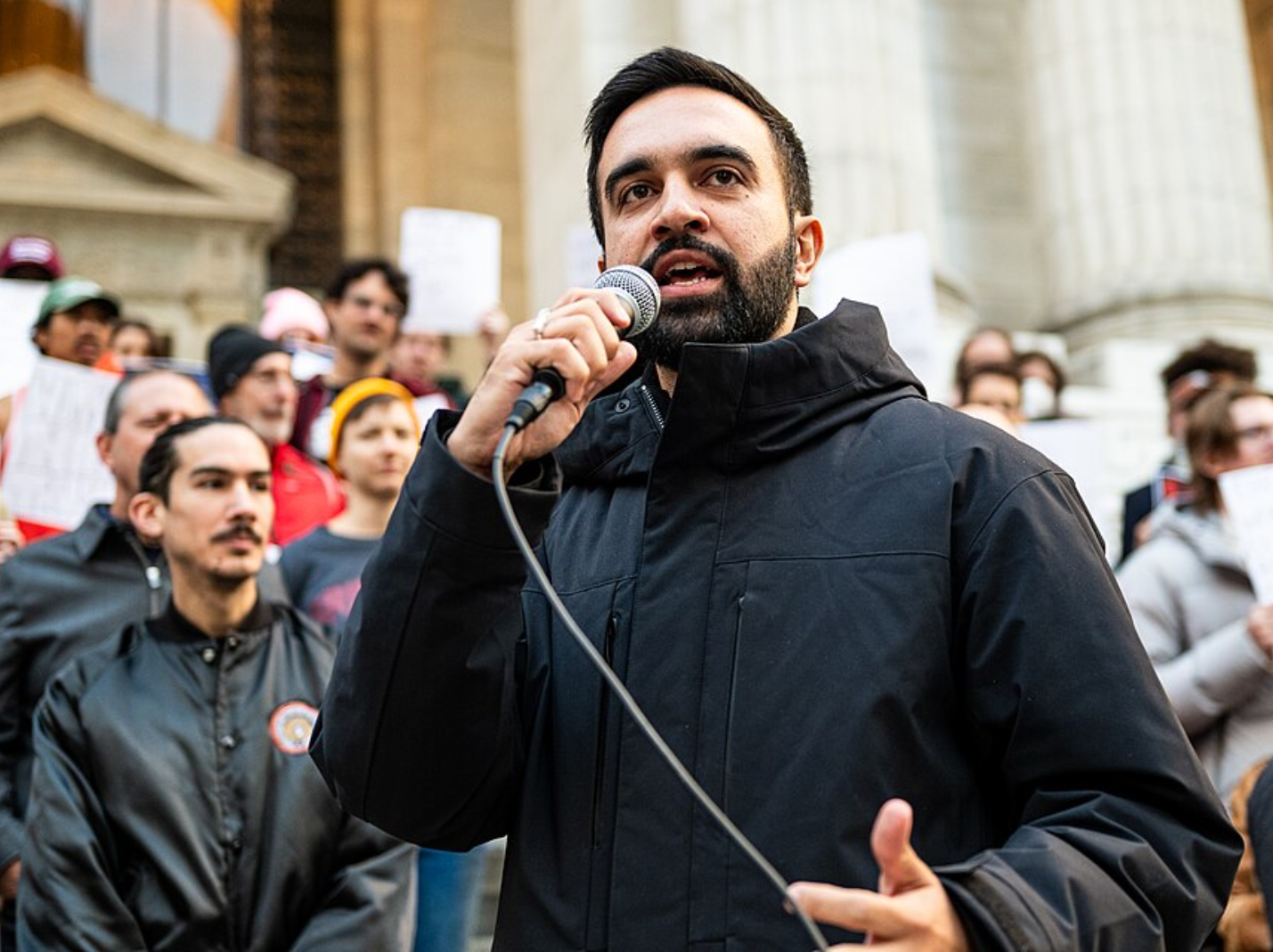
Recently, Zohran Mamdani—winner of the New York mayoral race—faced opposition in a letter signed by 1,000 rabbis, cantors, and yeshiva students. These leaders of the Jewish community feared the normalization of anti-Semitism within New York and broader afield, as Mamdani has accused the Israeli government of genocide, said that he would arrest Binyamin Netanyahu were he to come to New York, and opposes the state of Israel being self-autonomously Jewish.
Nothing so resembles such a large outcry against an anti-Semitic candidate as the pushback that greeted Steven Salaita upon his tenured appointment to Native American Studies at the University of Illinois, Champaign-Urbana (UIUC).
Much ink has already been spilled about Salaita, including pointing out that he was unqualified to teach in the tenured position offered to him, having published just five articles or chapters about Native Americans. Such is enough to qualify for an assistant professorship, perhaps, but not a tenured appointment. As Professor Cary Nelson asserts, the initial appointment of Salaita was more about how his anti-Zionist politics aligned with the department’s than about his actual credentials.
[RELATED: Anti-Semitism Among Faculty and the University’s Betrayal]
Salaita, admittedly, also engaged in vitriol not seen on the Mamdani campaign. He posted hundreds of tweets about the 2014 Israeli-Palestinian conflict, including tweeting about the kidnapping of three Israeli teens, who later turned up murdered. Salaita wrote, “You may be too refined to say it, but I’m not: I wish all the f[******]g West Bank settlers would go missing.”
Usually, when discussing the Salaita case, the pushback is often characterized as mainly coming from donors, although this point has been contested. When examining the emails obtained through public records requests by the National Association of Scholars, which were sent to retired Chancellor Phyllis Wise calling for Salaita’s dismissal, a different pattern emerges. Many of the emails were from alumni and other members of the UIUC academic community. Others were from concerned UIUC students’ parents worried about the type of influence Salaita might have on their children.
One father writes that Salaita’s rhetoric “has gone past the point of no return” and posits that he will keep his son enrolled contingent on Wise’s decision on firing Salaita. Another student acknowledges this influence directly: “Many college students look up to their professors as mentors, so it is concerning that some students may have their views swayed by Professor Salaita.”
Salaita ultimately settled with UIUC for $875,000 and now shares his opinions on his website. Although he had previously disavowed academia, he now teaches at the American University in Cairo, an institution that appears to be sympathetic to his views.
Still, the Salaita controversy case teaches an important lesson about Mamdani. In specific ways, influence is quite direct at universities: professors can showcase their own views on topics through their words and the sources they bring. However, their influence is largely limited to their students, and in some instances, to colleagues and others who comprise the fabric of campus life.
Mayors, on the other hand, have the potential to influence cities, including the academic institutions that are contained therein. Additionally, they have cross-generational influence, as shown by Brad Lander, the New York Comptroller and a member of Jews for Racial and Economic Justice, in his support for Mamdani.
Salaita doesn’t think Mamdani’s opposition to Israel is extreme enough. But the signatories of that letter do, and it would be good to recognize when the leaders of the nationwide Jewish community warn us about a candidate’s anti-Semitism.
Image: “Zohran Mamdani at the Resist Fascism Rally in Bryant Park on Oct 27th 2024” by Bingjiefu He on Wikimedia Commons
“Mamdani has … said that he would arrest Binyamin Netanyahu were he to come to New York.”
That would be an “Act of War” if Mamdani ever attempted it, and the US Secret Service would never permit him to try. If pressed, they’d likely arrest Mamdani for some sort of interference or conspiracy charge — and probably have already told him that.
Writ larger, I see Mandani similar to Boston’s James Michael Curley — the real-life mayor of the classic Last Hurrah — https://en.wikipedia.org/wiki/The_Last_Hurrah
Much as NY has a large Jewish population, pre-Curley Boston had a large WASP population — Yankee Protestants — and Curley drove them out of the city. Everything including forcing Harvard professors to submit to literacy tests in order to vote.
Mandani may think he can do something similar to Jews today, except that we now have civil rights and discrimination laws which didn’t exist a century ago. My guess is that Mandani will be sued early and often — and unlike Curley, will be reigned in. (After all, we still don’t have a term for discrimination against WASPs.)
Like Curley, Mandani may attempt to take from the rich to give to the poor, but what is overlooked is that Curley pretty much destroyed Boston’s economy in the process. Other things didn’t help, e.g. the shift of freight from rail to trucks, but by the end of Curley’s last term, the city was in sad shape. The Schrafft’s and Cities Service (CITGO) signs still light the night, but the companies themselves are long gone.
Boston was saved first by the colleges which all expanded vastly after the 1965 Higher Ed Act, and then by the hospitals, which evolved from the medical schools — Boston has three (Harvard, BU, & Tufts) with a fourth 45 miles away in Worcester.
The real question is will Mandani get away with the stunts Curley pulled….